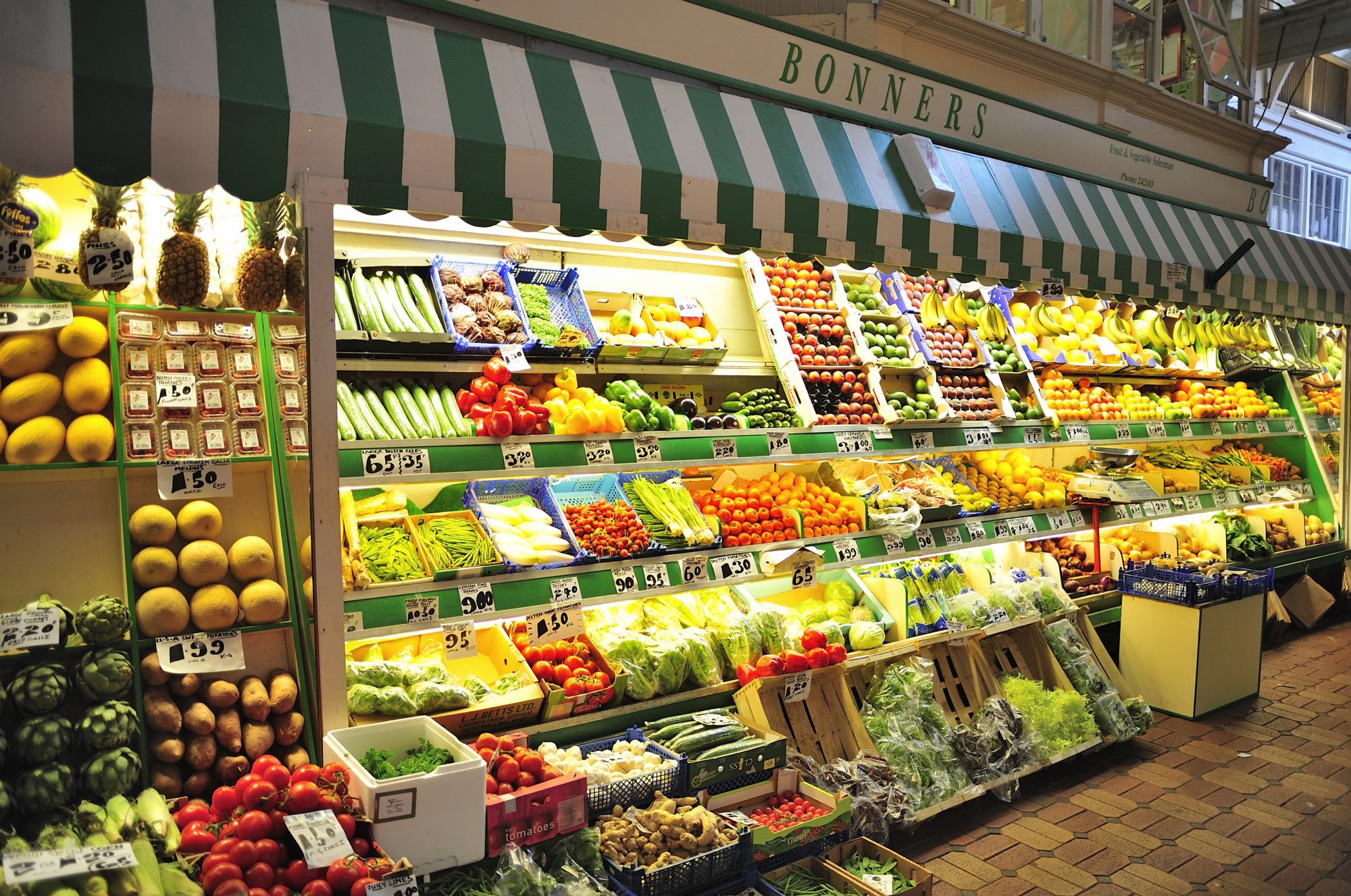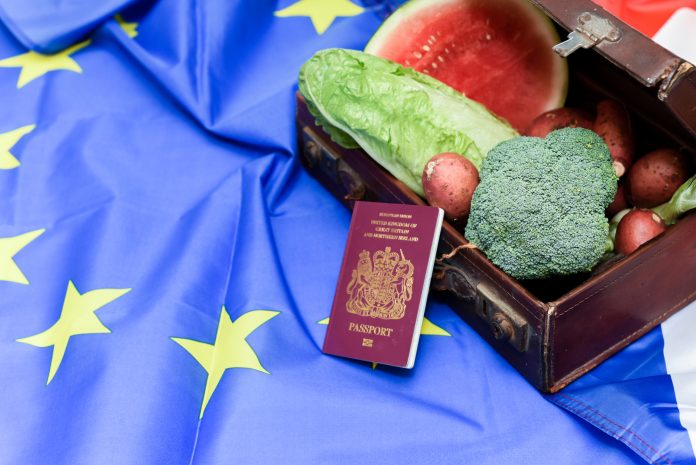Brexit policy is to affect micronutrient food supplies in the UK, where foods imports will become harder to access due to trade deals
Trade deals, diets and climate change are changing the way we access food in the UK, as factors such as Brexit policy, plant-based diets and any further disruption from the COVID-19 pandemic become major influences on our food supply.
Research by the University of Southampton demonstrates that the UK is not self-sufficient in several key vitamins (A and C) and minerals (calcium, zinc and iron).
Most importantly, the research highlights how the UK relies on imports, rather than domestic produce, to provide enough of these micronutrients to ensure the population can receive their recommended daily allowance, and sustain a healthy diet.
Scientists conclude that levels of micronutrients available to people through their food will become limited by these factors.
Trade agreements have affected the supply of key micronutrients
Evaluating data from several sources which demonstrate how micronutrient security has varied between 1961 and 2017, researchers also looked at 2017 overseas trade data from HM Revenue and Customs.
They assessed overseas food supply prior to the exit from the EU, conducting future scenarios around domestic production, imports and supply of animal and plant food sources.
Overall, they found that since the 1960s, the UK has become much more reliant on imports to secure micronutrients.
This can be seen with the UK before joining the EU, where most of its vitamin C was domestically produced – but now, most products containing vitamin C are imported in the form of fruit and vegetables from other countries.
About half of all these imports are from European countries, with Spain and the Netherlands the most significant contributors.
This research additionally suggests that over the last sixty years, trade agreements have affected and will affect the supply of key micronutrients in the future and that while the UK negotiates Brexit policy and deals, diets could change, and healthy, vitamin-rich foods could become either more limited, or more expensive.

More plant-based diets are needed but aren’t supported
Lead researcher, Professor Guy Poppy, said: “The pandemic has shown the importance of nutrition in keeping healthy and fighting off infection. It is important for public health that people can maintain a healthy diet through readily available food sources.
“If the UK is to become more nutrient self-sufficient, it will require a range of actions to change production and how much is grown domestically, coupled with some significant changes in consumer food preferences.”
Co-author of the paper, Dr Jenny Baverstock added: “There is an increasing call for a more plant-based diet to help address climate change – but this will be a challenge based on current patterns, and especially if we continue to rely on imports of fruit and vegetables which can’t be grown in the UK.
“This increase in vegetarianism and veganism will require careful policy and decision making, as the bioavailability of micronutrients from meat and dairy is something not easily replicated by plants. Consideration will be needed over how to ‘eat for the health of the human’ as well as ‘eat for the health of the planet’.”











